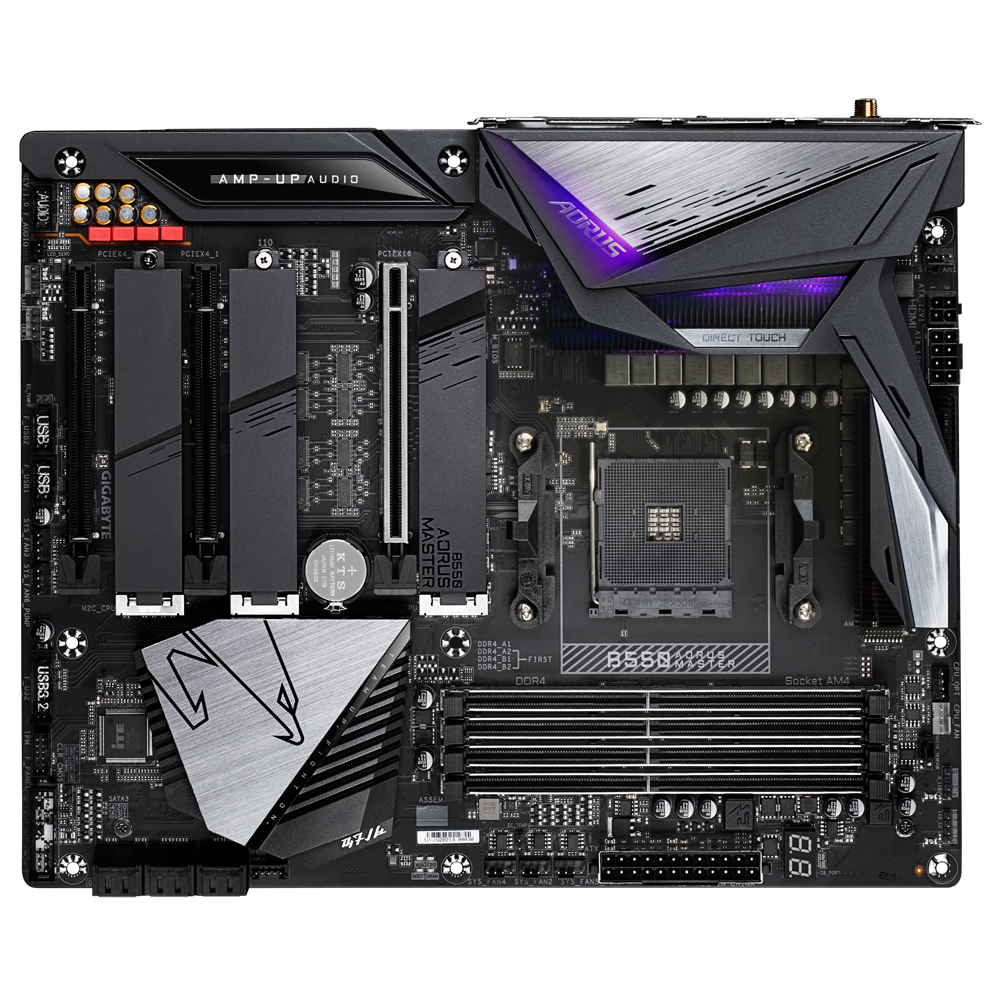I have a new PC with Aorus B550 motherboard and amd ryzen 5 3600 processor. (SOLVED) I run the FreeBSD installer and it can't find the network. I ran a garuda arch install and it ran perfectly network connected. I tried FreeBSD 13 once again same thing gets to network and it says no network interface. How can I get this working. Can I check or set up network before install?
Last edited:

